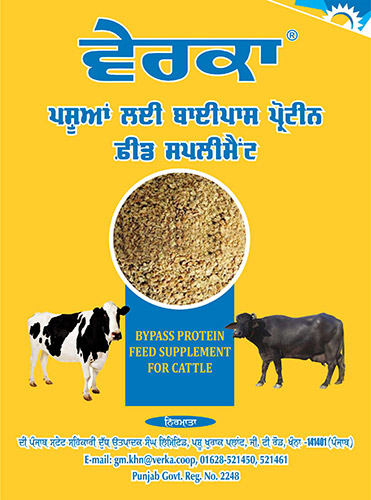What is Yoghurt? Its types – Additives used in Yoghurt- How Healthy is Yoghurt?

People think that curd or dahi and yoghurt are just different names for the same thing. Many feel that curd is what we call it in India and Americans call it yoghurt. A few claim that the only difference is that yoghurt is thicker than curd. But that’s not true!
Although yoghurt may be very similar in form and texture to dahi, it is prepared commercially by adding two specific strains of bacteria – lactobacillus bulgaris and streptococcus thermophilus – to milk, whereas dahi or curd is prepared using a natural homemade probiotic starter. The bacteria strains make the product standardised and homogenous.
Greek yoghurt is becoming a dominant trend in yoghurt right now. It is strained more than natural yoghurt and contains a lesser quantity of whey and lactose. This ensures that Greek yoghurt contains twice the amount of protein and half the amount of carbs. It is good as a snack and can be safely consumed by those who are lactose intolerant.
Flavoured yoghurts have also become popular. Although they claim to be low-fat, they may be high on calories due to sweetening agents like high-fructose corn syrup. For a healthier option, you must stick to the ones where the labels mention only milk, sugar or natural sweeteners as ingredients.
Soy or coconut-based yoghurts, also termed Dairy-free yoghurts have also hit the market in the last few years. The fat content is much lower here as these do not contain lactose. This makes them an ideal choice for vegans and those who are lactose intolerant. Lack of dairy makes them low on calcium so you are advised to pick up labels that mention added calcium and vitamin D.
Yoghurt is rich in protein that helps in building and improving your core muscle strength. The presence of plenty of healthy bacteria ensures that yoghurt will boost your immunity and keep diseases at bay. Yoghurt contains good fat that manages weight and keeps and your heart healthy. You must go for sugar-free variant to get its maximum benefits. Health benefits of Greek yoghurt, non-dairy and regular yoghurt are many, but it is not easy to claim that any one of these is necessarily healthier than the others.





























